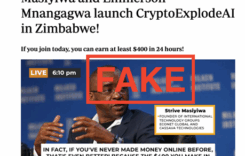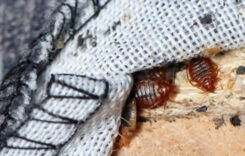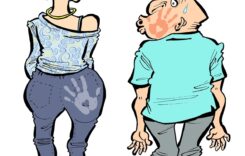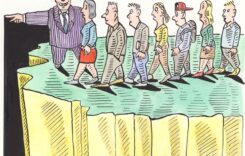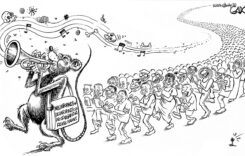
What facts do we know so far about women, media and the 2018 general elections?
We have recorded some good, some bad and some very ugly experiences in the run up to Zimbabwe’s presidential, parliamentary and council vote on July 30, but a more comprehensive picture is still to come.
By Abigail Gamanya
So far, one very positive issue is that Zimbabweans are vigorously debating the state of the nation, its various sectors and their future.
I am frustrated like many others that we are seeing more talk than work on achieving gender equality, but that is a probably the situation obtaining in many other countries around the world.
Here is a summary of the facts that we know for now about women, media and the elections:
POLITICAL LANDSCAPE
Zimbabwe’s political landscape remains largely patriarchal, a harsh to hostile environment for women to operate in.
The women politicians who succeed in this terrain are generally tough warriors who are given to fighting both “bush and boardroom” battles in which survival of the fittest is the most recognised and celebrated rule.
In this field, rights are sometimes treated as favours that must be accepted gratefully.
DEMOGRAPHICS
Although women voters make a majority of the national population, and voters at 51 percent, they are still struggling to assert themselves in the political governance structures.
Number of women contesting local council elections: 1,176 (17 percent)
Number of women contesting National Assembly seats: 243 (15 percent)
Number of women leaders in presidential race: 4 out of 23 (none in 2013)
DEMOCRACY
Women politicians and potential candidates found the democratic space too tight and congested by aggressive and combative male opponents who used traditional patriarchal prejudices to elbow them out of the election race.
The female candidates said primary polls conducted by the major parties, the ruling ZANU PF and the main opposition MDC led by Nelson Chamisa, were staked against the advancement of women.
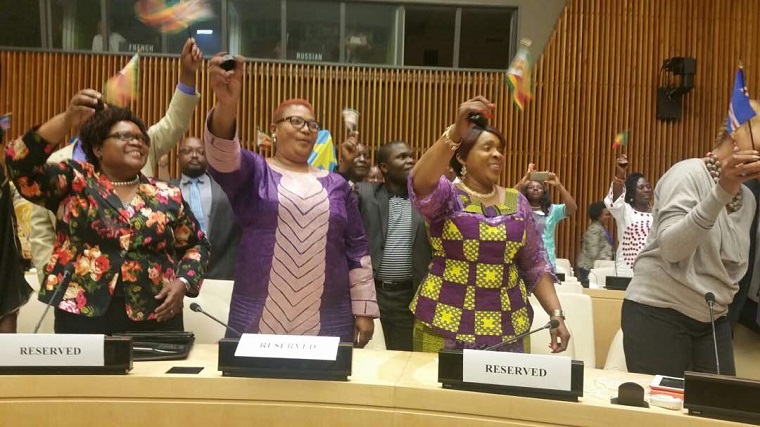
DEVELOPMENT
The reduced number of women in parliament and other governance structures is likely to have a negative effect on general economic and social development, especially in regards to gender issues.
QUALITY CANDIDATES
On another positive note, the quality of candidates who have come through for the elections is generally quite high despite the low numbers. These include candidates nominated and lined up by the various parties to fill up 60 seats reserved for women in parliament’s House of Assembly under a quota system. It would even had been better if the parties had cast their nets wider.
The selected candidates — ranging from young to old career politicians — includes grassroots civic activists and professionals who have a record in community work.
MEDIA COVERAGE
Surveys by Media Monitors on election coverage indicates that women are still receiving minimum attention from the media at around 5 percent. This is even far lower than the normal national average of 15 percent outside election times.
Internationally women are largely marginalised by the Media. The Global Media Monitoring Project report of 2015 says women make up only 24 percent of the content in the media.
However, due to resource constraints, the Media Monitors surveys currently do not include community media and radio broadcasting projects.
While the Zimbabwe media is increasingly aware of the need to mainstream gender issues in their reportage, there is still concern over insensitive and sexist portrayal of women, especially in newspaper headlines.
On the positive side, it has been good to see special interviews with women candidates, including the the four presidential hopefuls.
It is also heartening to see that women politicians who went through media skills training before the elections have been handling media issues comfortably.
SEX AND INVASION OF PRIVACY
Unfortunately, the run up to the July 30 elections has been marred by dirty references by some politicians to sex and the private lives of some public officials. This has triggered a long running but unhelpful debate in a country that needs to be discussing serious development and governance issues.
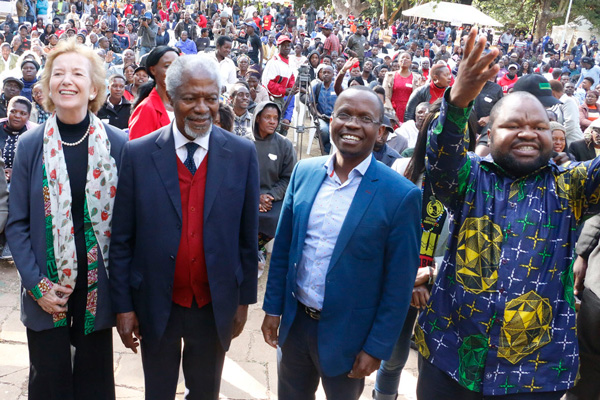
HIGH PROFILE PROTESTS
Personal insults directed at the chairperson of the Zimbabwe Electoral Commission (ZEC), Justice Priscilla Chigumba, and the invasion of her private life, forced a visiting mission of foreign political leaders called The Elders to issue a public protest.
Both the chairperson of The Elders, former U.N. secretary-general Kofi Annan, and another member of the group, former President of Ireland Mary Robinson, condemned statements by MDC Alliance questioning Chigumba’s sex life and morality.
MEDIA AS RIGHTS PROTECTOR
“This is not acceptable! Yes, you can criticise the electoral commission for not playing a proactive legalistic role – that is fair game, that is allowed – but what is not allowed is to vilify on social media and elsewhere,” Robinson said at a Harare press conference (July 21 2018).
“Unfortunately, there are fewer women candidates. Somehow female candidates have been pushed out. Even the quota system is not working as well as it should.”
“Secondly, women who are candidates have been abused on social media, which is not acceptable. It is really important that the media be the guardian of women during this election.”
MORE WORK FOR RIGHTS WATCHDOGS
Gender rights organisations are lining up for more work to promote and protect the space for women following concerns and “serious reservations” over the low representation of women in the July 30 elections.
These organisations include Women in Politics Support Network (WiPSU) and Gender Media Connect (GMC) and the statutory Zimbabwe Gender Commission which has constitutional responsibility to towards achieving gender equality, including guarantees to equal access to opportunities in politics.
Abigail Gamanya is the director of Gender and Media Connect (GMC), an organisation promoting the rights of women in the media and use of the media by women.
Do you want to use our content? Click Here


